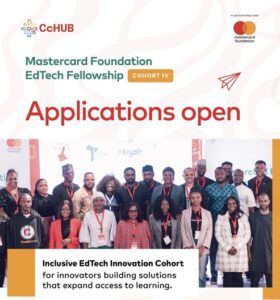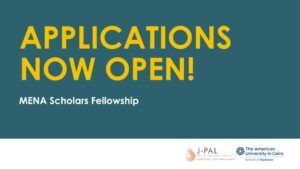Australia Awards Short Courses are targeted programs of intensive training for selected cohorts to address specific technical or soft skills gaps. They are formal study or training opportunities, generally of less than three months’ duration, delivered by an approved Australian higher education provider or an Australian Registered Training Organisation in Australia and/or in partner countries. Australia Awards Short Courses are managed and administered by DFAT’s overseas posts.
Africa is highly sensitive to both existing climate variability and projected climate change. As a result, governments, industries and communities throughout Africa will be increasingly required to respond to and mitigate the impacts of climate change.
The ANU Institute for Climate, Energy & Disaster Solutions (ICEDS) has developed this intensive 6‑week online course to provide professionals employed in government, non-government organisations (NGOs) and the private sector in Africa with a synoptic and contextual understanding of climate change adaptation and mitigation options.
Note that this course is available to participants from the following countries (region 2): Algeria, Burundi, Central African Republic, Djibouti, Egypt, Eritrea, Ethiopia, Kenya, Libya, Malta, Morocco, Rwanda, Somalia, South Sudan, Sudan, Tanzania, Tunisia, Uganda
Additional courses (soon to be advertised) will be open to participants from other African countries in 2023.
As a participant on this course, you will receive a contextual understanding of the science for identifying and defining climate change impacts and vulnerability, development implications, legal frameworks, governance, sectoral contexts and socio-economic rationales underpinning climate change adaptation and mitigation. You will acquire knowledge to assist evidence-based policy development and reform, enhance interpretation and analysis skills, and explore socio-economic impact and policy intervention.
This intensive 6-week online course is highly interactive with a mix of lectures, group activities and interactive sessions, providing participants with formal and informal learning opportunities from leading Australia- and Africa-based academics.
Course Requisites
To participate in this course, you must be based within one of the specified countries: Algeria, Burundi, Central African Republic, Djibouti, Egypt, Eritrea, Ethiopia, Kenya, Libya, Malta, Morocco, Rwanda, Somalia, South Sudan, Sudan, Tanzania, Tunisia, Uganda
The course will be taught in English, and participants must have English language proficiency (written and spoken) to at least ‘completed secondary school’ level.
Participants are expected to hold a professional mid- or senior-level position in policy, practice, research or reform, whether in government, civil society or the private sector. We expect participants to have completed secondary schooling and at least three years’ tertiary education, have at least three to five years of work experience at mid- to senior-levels, and have a reasonably good understanding of the subject matter.
As participation in this course is likely to intersect with your work duties, we require you to submit a letter of support from your workplace as part of your application for this course. See the attached sample letter for guidance. The letter should reflect a clear understanding of the commitment of a minimum of 37 hours of course participation.
Who Should Enrol
We encourage professionals working in government, NGOs or private business on issues related to climate change adaptation, mitigation and/or disaster recovery to enrol.
The Application Process
To apply for this course, you must create a profile with CCE (requiring your name and an email address) and then you must complete the course application form (via this CCE website). The application form includes questions for you to answer relating to demographics, language, your current and previous relevant work experience, and your reasons for applying for this course. The application form also asks for you to attach 3 mandatory documents:
- evidence of your English language proficiency (i.e. evidence of your IELTS test score, TOEFL test score, or a formal writing sample) – mandatory requirement,
- a Letter of Support, Letter of Response, OR Letter of Recommendation (depending on your employment circumstance) – mandatory requirement, and
- your curriculum vitae – mandatory requirement.
Application Deadline: 24 April 2022 (11.59pm AEST)
For More Information:

